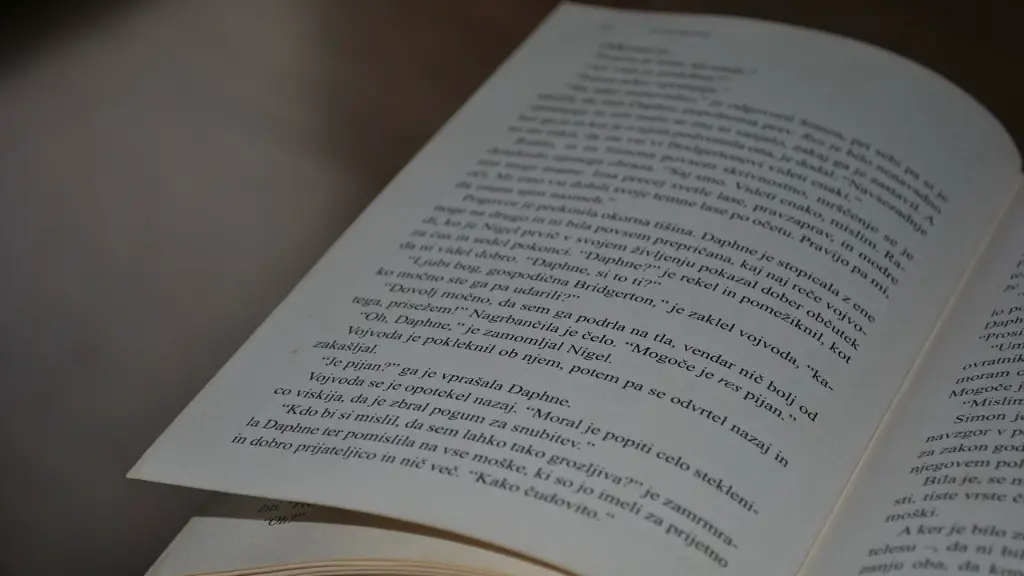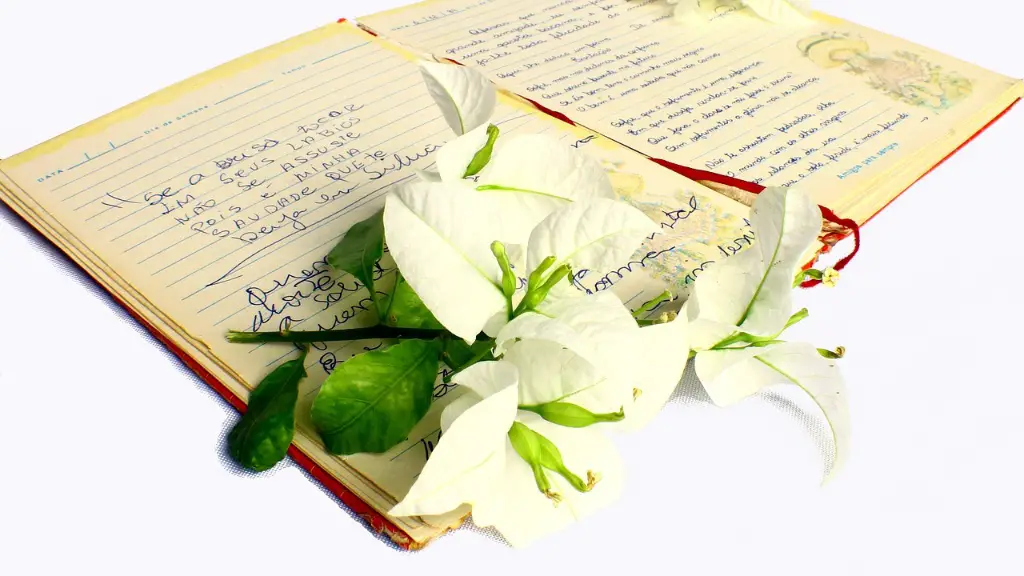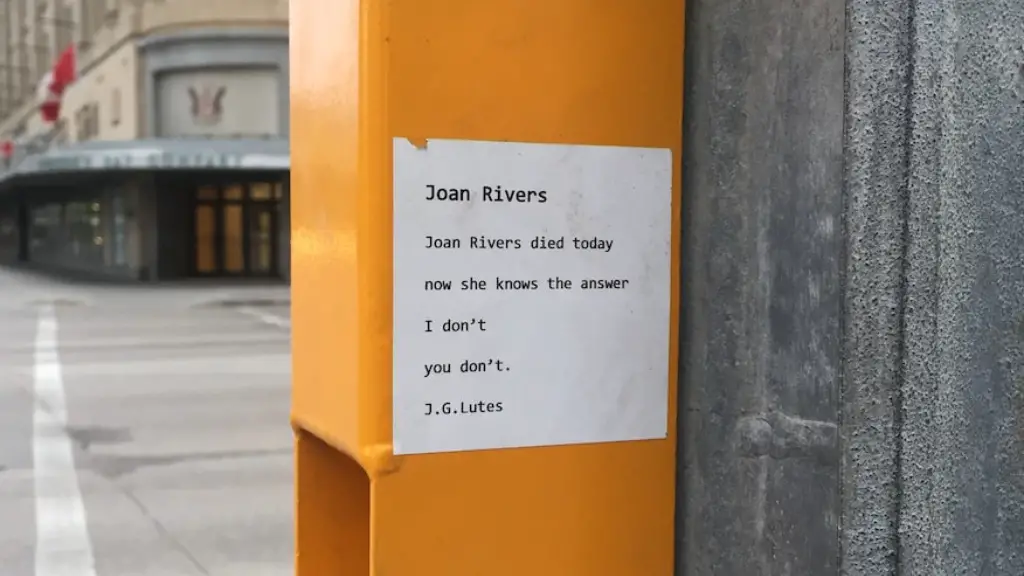Walt Whitman was an American poet, essayist, journalist, and humanist. He is widely regarded as one of the most influential writers in American history, and is often referred to as the father of modern American poetry. He is best known for his landmark collection of poetry Leaves of Grass, which he self-published in 1855 and developed over the course of his life.
Whitman is associated with a bold, innovative artistic style. His writing has often been characterized as a celebration of the America people and their natural perspective he had a passionate belief in self-reliance and individualism. As a result of his unconventional ideas and unconventional life, Whitman has often been described as a “lyric rebel”.
Whitman was a ground-breaker in terms of literary form, blending elements of both prose and poetry throughout his work. He is remembered for his free-verse style, which allowed him to combine elements of both free-verse and traditional English and American forms to create a wholly unique approach to writing. He also employed anaphora, the repetition of a word or phrase at the beginning of successive phrases.
In addition to Leaves of Grass, Whitman is remembered for a number of other works, including Drum-Taps and Memoranda During the War. He also wrote a number of essays and short stories, most notably “Speech at the Induction of the first U.S. Colored Troops at Camp William Penn, 1863.” As part of his writing career, he worked as a newspaper editor and poet. He was one of the earliest contributors to the New York Tribune, The Examiner, and the Brooklyn Eagle.
Whitman’s personal life was unconventional and often at odds with the values of his time. He is known for his sexual exploration, including his embrace of homosexuality, bisexuality, and transgender identities as legitimate forms of self-expression, which earned him the ire of many in his day. He is also a prominent figure in civil rights and free speech activism — a Unitarian who believed in the intrinsic goodness of all people, races, and genders, and sought to promote equality and harmony through his works and activism.
Throughout his life, Whitman was a fierce defender of civil liberties, pushing for reform and abolition of slavery. He was a passionate supporter of labor reform and an ardent advocate for the unionization of the working classes. In Leaves of Grass, he gives voice to the individual laborer, extolling the virtues and strength of independent, self-determined individuals.
The legacy of Whitman continues to the modern day. He is widely studied in academic circles and is often studied as part of the American literary canon. His most famous works are frequently quoted in films, television, and other popular culture media. He is also an important source for contemporary poets, who have often borrowed his style and themes for their own work.
Influences on Whitman’s Writing
The influences on Walt Whitman’s writing were numerous and varied, ranging from other writers, musicians, and culture of his day to his own personal experiences. As a humanist, Whitman believed in the interconnectedness of all things, and his work reflects this. He was heavily influenced by the Romantic Movement, particularly the writings of Ralph Waldo Emerson and Henry David Thoreau.
He was also deeply affected by traditional American culture, borrowing often from Native American literature, the blues and gospel music he heard throughout his life, and the Civil War stories he heard from soldiers. His firsthand experience of the Civil War also had a profound impact on his writing, inspiring some of his most famous verses.
Whitman was also highly influenced by both Eastern and Western religious and spiritual philosophies. He was particularly influenced by the teachings of the Upanishads, Taoism, and Buddhism, as well as transcendentalism and the science of his day. In Leaves of Grass, he often draws on similar concepts, seeking to connect the individual to the divine.
Entrepreneurial Spirit of Whitman
The entrepreneurial spirit of Walt Whitman was apparent throughout his career. As a self-taught writer and self-appointed poet laureate, Whitman strove to make his own way in the literary world, rather than seek favor with established literary circles. He was a firm believer in self-reliance, and he also had a strong business sense, understanding the need to market his work and promote himself.
He was eager to take advantage of the new technologies of his day, and self-published several works of literature. He sold copies of Leaves of Grass in the streets, and was one of the first post-Revolutionary War authors to write and self-publish an entire book.
Throughout his life, Whitman sought to use his writing as a means for financial independence. He earned money from various jobs such as teaching, newspaper work, and book-selling, in addition to selling copies of Leaves of Grass and donations from readers.
Whitman was a passionate advocate for punctuality, hard work, and efficiency. He believed in working diligently and continuously, and he was persistent in his efforts to reach his goal of financial independence. He often worked long hours, sometimes losing sleep in order to complete his writing or attend readings.
Social and Political Impact of Whitman
The social and political impact of Walt Whitman was immense. His works were foundational to the development of modern American poetry, and his influence reverberates through the works of many poets today. He was also a fierce advocate for civil liberties and workers’ rights, lending his voice to a range of social and political causes.
Whitman’s insistence on equality, particularly in regards to race, gender, and class, was remarkable for his time. He was an ardent supporter of the Union cause in the Civil War, and his abolitionist leanings had a profound effect on both sides of the conflict. He was also a vocal advocate for the unionization of workers, and sought to make the labor movement more inclusive and empowering for all.
His writing was also a powerful tool for social reform, and his free-verse style of writing was influential in making poetry more accessible to the masses. His works are also remembered for their poetic beauty and for their bold exploration of individual spirituality, a topic rarely discussed in his day.
Literary Criticism of Whitman
Walt Whitman’s writing met with a variety of reactions during his lifetime. Many critics praised his writing for its unique style, while others bemoaned his lack of poetic and literary skill. As his works grew in popularity and stature, a number of prominent literary figures such as William Dean Howells and William Butler Yeats praised Whitman’s writing, elevating him to the rarified realm of literary greats.
Even today, the legacy of Walt Whitman’s writing is contested, but it is generally accepted that his work was groundbreaking and influential. His work was an important step in the movement toward modernist poetry, and his experimentation with form and lyricism is often credited with influencing a number of other poets, including Robert Frost and Carl Sandburg.
Today, Walt Whitman is remembered as a truly unique figure, a rebel and a visionary. He was a poet who pushed the boundaries of his own artform, and he was an advocate for human understanding across racial, religious, and political divides. His writing continues to inspire, educate, and challenge readers to think more deeply about their own lives, and the lives of those around them.
Interpretations of Whitman’s Writings
The interpretations of Walt Whitman’s writings have been varied and many over the years, and his works have been read through a number of lenses. Poets and scholars have often drawn upon his works to explore themes of harmony, unity, and human spiritual connection. He is also often studied in both feminist and queer studies, as his works often explored gender, sexuality, and the role of women in society.
Other interpretations of his works include those of a radical political nature, focusing on his activism and his insistence that all individuals are deserving of respect and justice. His works also feature prominently on college reading lists due to their literary merit and their challenge to prevalent social norms.
In addition to the numerous interpretations of his works, Whitman’s writing has also been embraced in popular culture. He is often quoted or referenced in television, film, and other forms of media, and his works remain as relevant to modern audiences today as they were to readers in his own day.
Final Thoughts on Whitman
The legacy of Walt Whitman is a quintessentially American one — an exploration of individualism and the beauty of self-determination. As a poet, essayist, and humanist, Whitman found both freedom and meaning in the pursuit of individual truth and understanding. His works serve both as a reminder of his own journey and of the possibilities of living and creative expression.
At a time when individual autonomy was much rarer than it is today, Whitman’s embrace of his own voice and his challenge to conventional norms remains inspirational. In his work and life, he sought to celebrate the beauty and freedom of human connection and expression, and in doing so created one of the most powerful and enduring literary legacies in American history.





